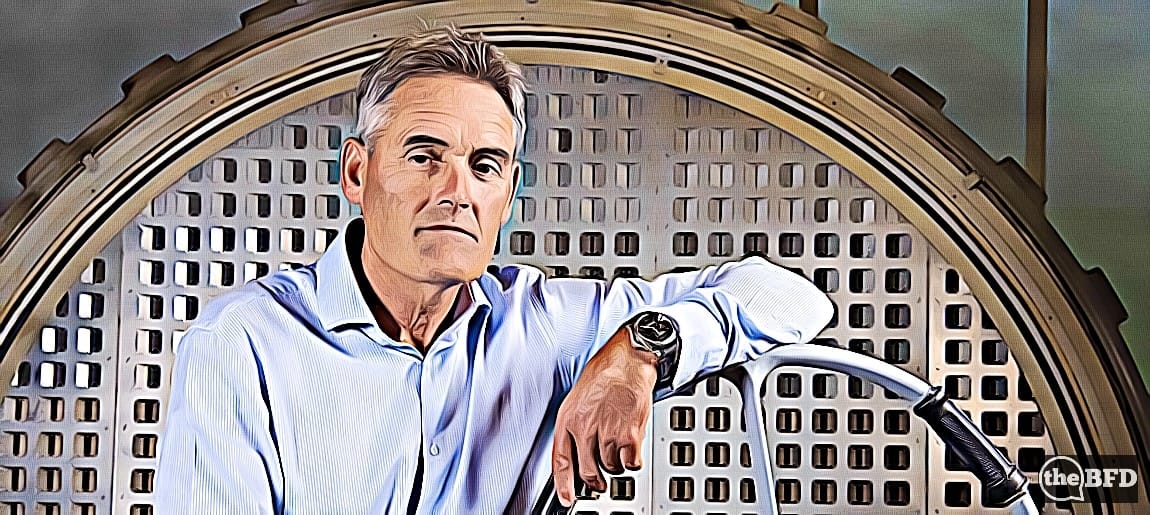Table of Contents
Ananish Chaudhuri is Professor of Experimental Economics at the University of Auckland and the author of “Nudged into lockdown? Behavioural Economics, Uncertainty and Covid-19”. The views expressed are his own.
I saw recently that a media-friendly scientist has taken to commenting about sailing. I presume this was to highlight the fact that Russell Coutts had spoken out against current government policies and joined the protesters in Wellington. The point made was that if Coutts can talk about science, then scientists should be allowed to talk about sailing. Right?
Wrong!
Covid-19 has highlighted many deficiencies in contemporary political discourse in New Zealand; in particular, many of us and, more importantly, our journalists, do not seem to have any understanding of the nature of “expertise”.
I have a PhD in Economics but that does not necessarily give me any insight on whether Kane Williamson should choose to bat or field first upon winning the toss. Or why Ajaz Patel gets dropped from home tests in favour of another extra-fast bowler even after becoming only the third player in the history of cricket to take ten wickets in an inning.
But if Kane Williamson argues that the Auckland City Council should build a dedicated cricket stadium in Auckland at a cost of $200 million, I, as an economist, can certainly weigh in. This is simply because now Williamson’s expertise in cricket intersects with mine on whether this is a good use of taxpayer money.
But equally, others may choose to weigh in: people with views about the impact on the neighbourhood or on the environment. Eventually, one would hope that a decision is made based on a careful consideration of the trade-offs in terms of costs and benefits.
This is the distinction between narrow framing and broad framing of a problem. On the cricket field, I have no standing to question Williamson. But when his views intersect with larger social and economic questions, I have a right to express my views.
Coutts after all has not said anything about case and infection fatality ratio, B or T-cells or about the superiority of reverse transcriptase polymerase chain reactions (RT-PCR) tests over Rapid Antigen Tests (RAT).
His point is simple: the NZ government’s response to this pathogen has gone beyond any reasonable limits. The needless demonisation of those who do not agree with Dear Leader is causing deep divisions in our society. The ceaseless attacks on our civil liberties are not worth the price of temporary security from a disease that has 99% recovery rate.

Coutts knows something about leadership and decision making under acute mental pressure. He clearly has something to contribute when the debate strays beyond the narrow scientific boundaries on to broader questions of ethics, morality, rights and liberties.
Herein lies the problem. Throughout this Covid 19 pandemic, we have been told repeatedly to “trust the science”. But the “experts” and the media have insisted on a narrow framing of the problem, where trust the science boiled down to “listen to the advice of epidemiological researchers”.
But this is a narrow, and indeed incorrect, view of what the relevant “science” is.
Epidemiologists can tell us about case and infection fatality rates of pathogens or their prospective path of transmission. But what we do with that data, what level of risk we are willing to tolerate, what costs we are willing to bear and what freedoms we are willing to sacrifice is no longer a question for epidemiologists.
In fact, this question should not be left to them. It requires expertise from other social sciences and humanities. This “trust the science” mantra is an abdication of responsibility by our leadership for decisions that require statesmanship and are fundamentally political in nature: a pretence that a narrowly defined view of science can substitute for ethical judgments that need to be made by political leaders and that all of us a have a right to comment on.
For instance, we are currently facing many challenges both economic and social. Inflation is running high and first-time home buyers are being shut out of the property market. Lockdowns have had many adverse consequences including on the mental health of children and adolescents.
All of these are inevitable outcomes of the zero-Covid mindset. The government and its anointed experts have consistently refused to acknowledge that Covid-19 is not merely a health crisis; it is also a social and economic crisis requiring a multi-pronged response rather than single-minded devotion to elimination.
Yet the current government, “experts” and journalists, have persisted with narrow framing of the relevant issue. For the relevant politicians and the “experts”, this is not hard to understand. The “experts” desperately want to hang on to their fifteen minutes of fame and the politicians are only too eager to trot out “experts” who are happy to support the official narrative.
It absolves the “experts” of conceding the limits of their expertise and the need to engage with dissenting views.
But one would expect journalists to know better and refute the narrow framing of the problem. But then as we have also come to understand the journalists in question also have significant financial incentives in advancing that same official narrative.








